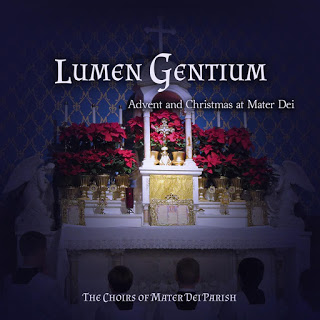Miserere mei Deus secundum magnam misericordiam tuam; et secundum multitudinem miserationum tuarum, dele iniquitatem meam.
Have mercy on me, O God, according to thy great mercy and according to the multitude of thy tender mercies blot out my iniquity.
Psalm 50:3
Miserere Mei
I am pleased to post my latest composition, a setting of the first verse of the Miserere for SATBB. I am releasing it under Creative Commons. A PDF download is available at the bottom of the post.
Background
I think the introductory remarks to this psalm summarize the background better than anything I could say.
Unto the end, a psalm of David. When Nathan the prophet came to him after he had sinned with Bethsabee.
Psalm 50:1-2
I will add only that my hope is to express in music the remorse and ardent pleading of the text.
Exposition
Although it is in five parts, I think the piece is approachable, with each voice set comfortably within its range. The key does not stray much from F-minor. The entries in fourths at the secundum move to B-flat-minor, ending with a suspenseful leading F-major; but we transition back to F-minor in the three-part et secundum and remain there for the rest of the piece.
The most important (and I hope moving) section of the piece is the dele iniquitatem meam, which is also the climax. The verb delere, here in the imperative dele, is for me the focus of this verse. My iniquity, O Lord, take it away. Completely obliterate it, wipe it out, expunge it, nullify it, erase it, purge it, blot it out. I care not how many times I must be washed, but do Thou delete it, for it is only in Thy power that it may be taken from me. May it never be remembered for all eternity. Nay, rather let it be as if it had never been.
I have written the deles as a pulsing alternation between the upper and lower voices. Though imitative of the first set, the second set of deles are my favorite. I am particularly fond of the D-flat dissonance against C with the mordent-like 32nd notes resolving to an E-flat chord.
Of course, the seventh and final dele is most climactic, with soprano and tenor jumps of 4th and 6th respectively. The alto voice, however, is no less important. The alto should swell off of the previous dele while remaining connected to it, singing its own melody in spite of the other voices.
I welcome feedback. If you have thoughts about this or any of my compositions, drop a note in the comment box.
About the Featured Image
The featured image is of a repentant King David by Dürer. It is in the public domain in the United States. See the link for more information.





